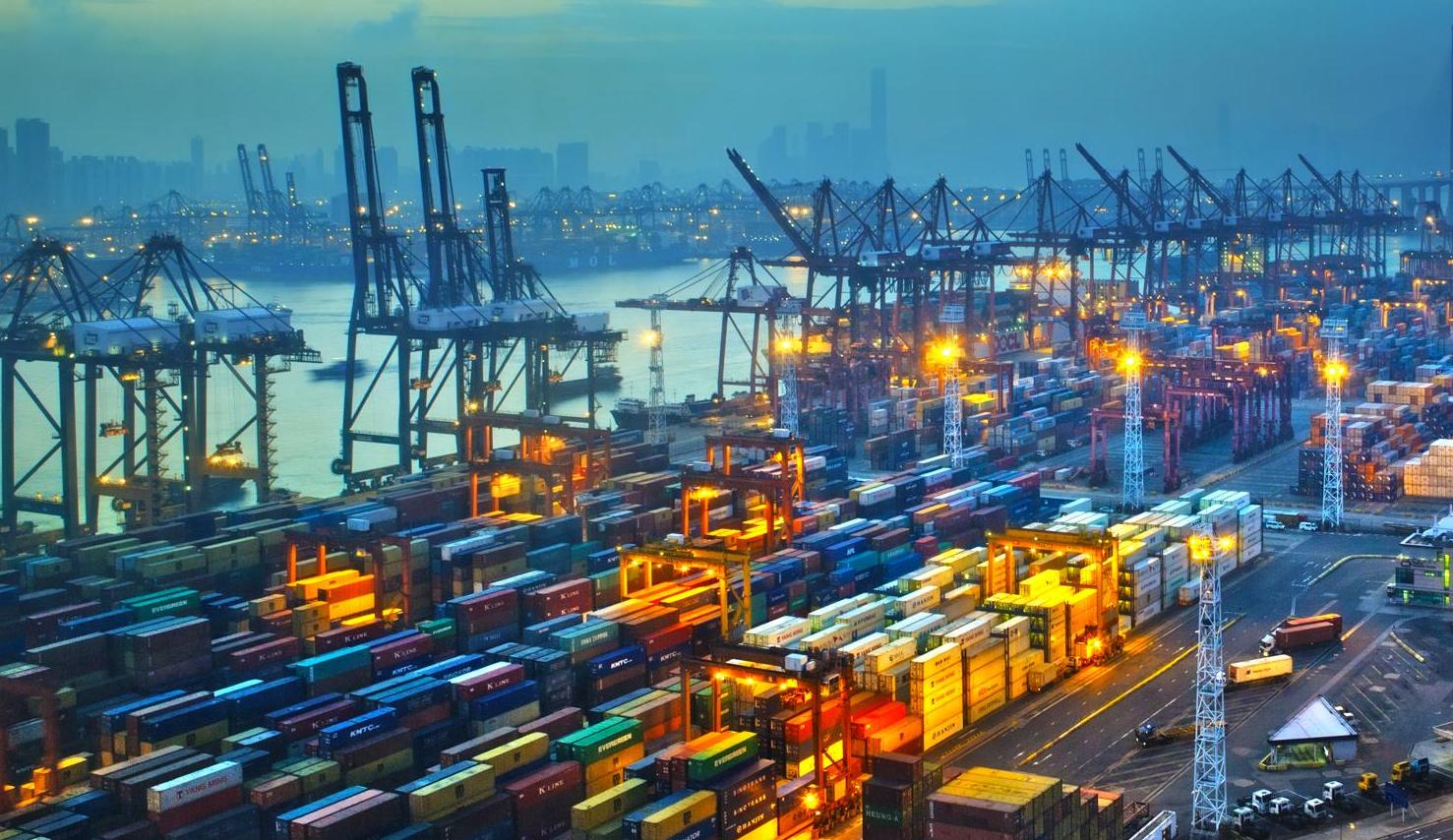Jan 16, 2018
Chinese leader Xi Jinping told U.S. President Donald Trump that the two sides must work together to find solutions to trade and economic disputes, state media reported.

Ben Reynolds, Writer and Foreign Policy Analyst in New York
Jan 10, 2018
To what extent are CFIUS decisions influenced by the Trump administration’s policy preferences? And how will a more aggressive CFIUS impact U.S.-China trade and Chinese investment in the United States over the medium-to-long term?

Ma Shikun, Senior Journalist, the People’s Daily
Jan 09, 2018
Why was the National Security Strategy Report so hostile to China?

Doug Bandow, Senior Fellow, Cato Institute
Jan 08, 2018
For its first two decades the PRC was anathema to the U.S. Not until Mao’s death in 1976 could one imagine normal relations between the two nations. Today the Chinese people have opportunities and freedoms once unimaginable. U.S. policy should focus on the long-term, encouraging coming generations in China to take control of their future.

Eric Farnsworth, Vice President, COA, Washington D.C. Office
Jan 08, 2018
U.S. policy-makers must recognize that the most productive path forward is not to maneuver into constant conflict with China but rather to concentrate on our own competitiveness, to restore a sense of national unity, and to re-emerge from the current political cycle as an example of an open market democracy that others are both willing and able to emulate.

Wang Fan, Vice President, China Foreign Affairs University
Jan 03, 2018
The United States must live with the reality that China will continue to grow stronger; any attempt to curtail China’s influence will come to naught, be it engagement or containment or “congagement”.

Li Zheng, Assistant Research Processor, China Institutes of Contemporary International Relations
Dec 29, 2017
Trump’s national security strategy can lead to dangers, but also presents opportunities for Sino-American cooperation.

Peter Bittner, Lecturer, University of California, Berkeley
Dec 21, 2017
President Trump’s Asia ‘policy’ is disjointed to say the least, but his administration’s latest responses to OBOR are becoming adversarial in tone.

Jia Wenshan, Professor, Chapman University
Benjamin Leffel, Ph.D. student in Department of Sociology,University of California Irvine
Dec 18, 2017
Fading is the “mutually assured destruction” (MAD) defining of Cold War rivalries, as great power relations have marinated long enough in globalization to give way to a deep interdependence, one which lends itself more so to Mutually Assured Gains or “MAG”. Such is the case with U.S.-China relations, though the national-level of this relationship offers more of a precarious bag of mixed results.

Sara Hsu, Visiting Scholar at Fudan University
Dec 14, 2017
Although President Donald Trump appears to have changed his tune on China from all-out accusatory on the campaign trail to grumbling in the Oval Office, U.S.-China economic relations are at their most precarious in years. The issue of trade is a major stumbling block between the two nations.